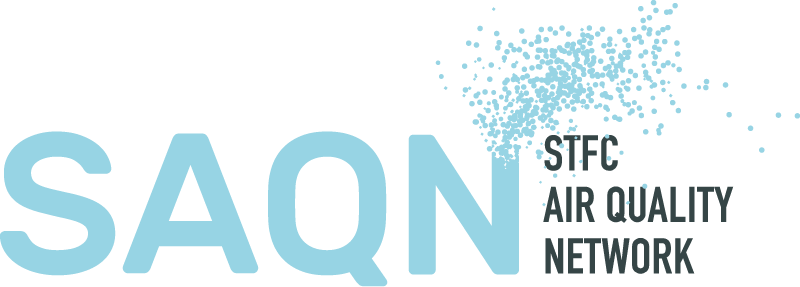How do social sciences undertake and interact with air quality research? What capabilities does STFC have to support social science research in this field? Can we build collaborations between different disciplines to address air quality challenges?
At our online event, we heard from social scientists researching air quality, and from STFC departments with the potential to support these types of research. Participants discussed ways for STFC to work with social science, and more broadly the possibilities of interdisciplinary work to tackle air quality challenges.
The notes from the discussions were reviewed and the following list of actions has been compiled, which SAQN will take forward in the coming months.
- Initiate a discussion with UKRI SPF Clean Air with regard to funding specifically for building new collaborations with a requirement for genuinely integrated physical and social science. Raise the issues, highlighted by the meeting, around funding panels’ make up and difficulties in assessing interdisciplinary bids.
- Explore the possibility of a joint collaboration building workshop with the other SPF Clean Air networks, pooling resources to offer facilitated introductions to the different disciplines and potential funding pots for research that relates to the networks’ objectives.
- Develop our understanding of how STFC capabilities can be applied to a variety of datasets, combining qualitative and quantitative data on aspects of air quality. An initial small scale meeting to be organised between key STFC representatives and social scientists with experience in data. This meeting will determine future steps in combining datasets.
- Continue to explore broader ways that STFC capabilities might be used in social research.
- Showcase more air quality projects involving social science to the network. We will invite members to post links to their research projects on the SAQN Discussion Board, allowing network members to ask questions and comment on the research. We will also take opportunities at SAQN meetings to further highlight existing research and funding opportunities.
Event Video
- Prof Steve Yearley (00:00:00)
- Prof Jennifer Gabrys (00:14:44)
- Prof Nigel Gilbert (00:28:22)
- Panel discussion (00:39:13)
Presentation slides
Prof Steve Yearley, ‘Social scientific perspectives on current air-quality issues: knowledges, practices and difference’ Download
